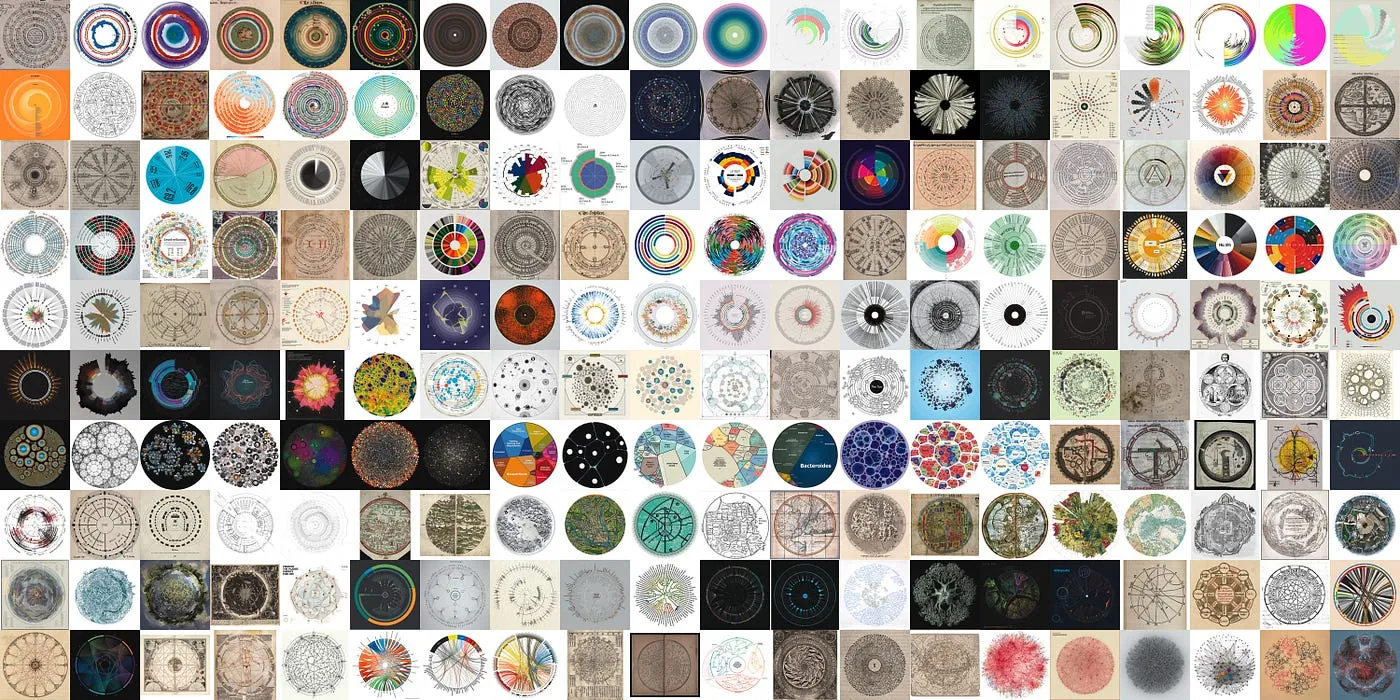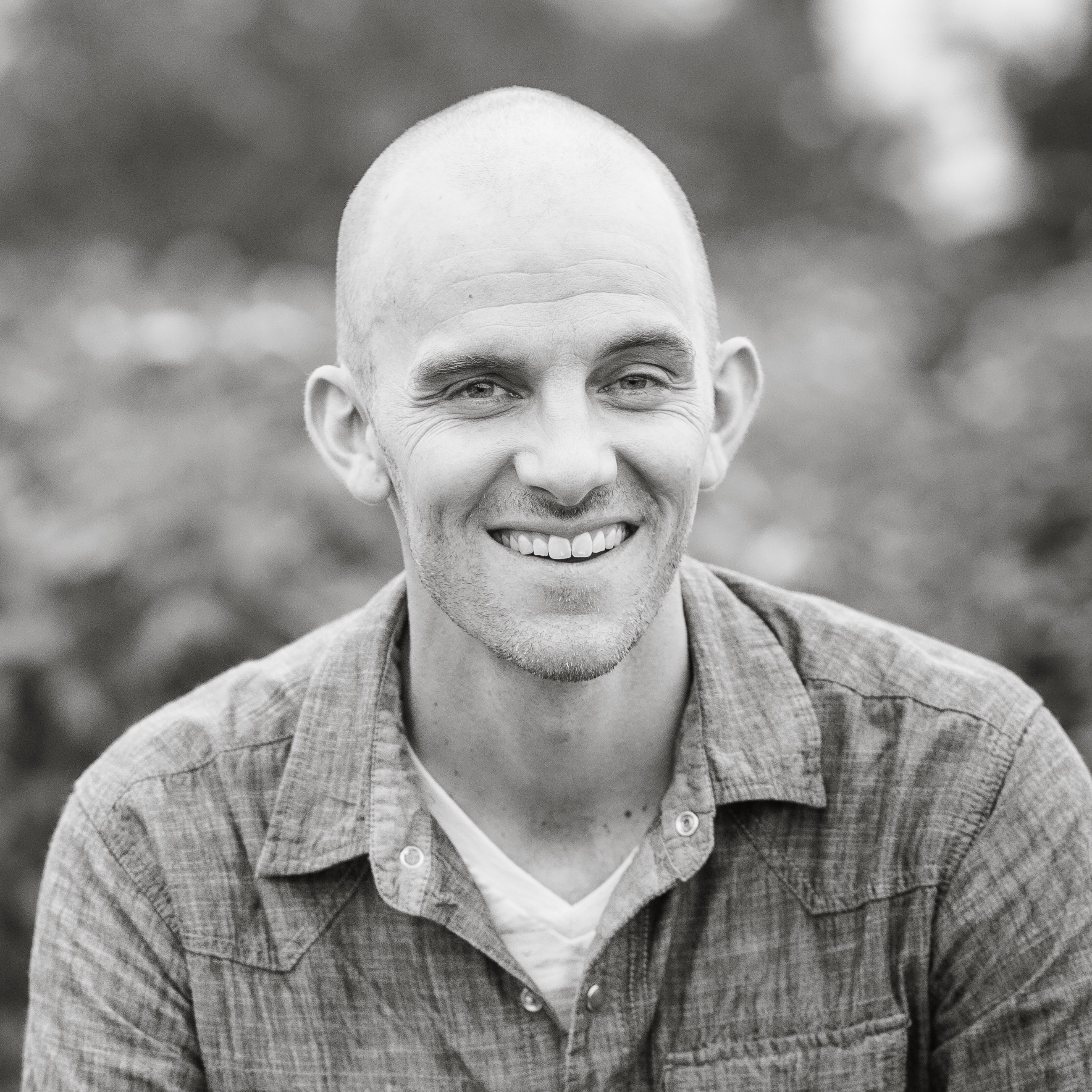Last week’s newsletter was all about circles.
It started off like this:
They’ve been on my mind as of late. Maybe it’s because I’ve been listening to Mac Miller’s album Circles, or because I just read an essay by Ralph Waldo Emerson called Circles. Maybe it’s because there was just an election and it seems as though there are some people within my circle and some outside of it. Then again, maybe it’s the circular movements around me—the changing of the seasons or the cycling of the moon. Whatever the reason, I hope you read on and find something you’d like to circle and add to your list of things to check out.
Circles are everywhere. Just ask Manuel Lima, who documented them in The Book of Circles: Visualizing Spheres of Knowledge:
In his essay Circles, Emerson writes:
The eye is the first circle; the horizon which it forms is the second; and throughout nature this primary figure is repeated without end. It is the highest emblem in the cipher of the world. St. Augustine described the nature of God as a circle whose centre was everywhere, and its circumference nowhere. We are all our lifetime reading the copious sense of this first of forms.
(…)
Our life is an apprenticeship to the truth, that around every circle another can be drawn; that there is no end in nature, but every end is a beginning
It made me think about circle stories I’ve read or seen, where the ending circles back around to the beginning, like in the movie 12 Monkeys. I recently learned that 12 Monkeys was based on the 1962 French film La Jetée, a minimalist 28-minute movie consisting of nothing more than 422 photos, a voiceover, and a score. This video provides a beautiful analysis of the film that doesn’t move (yet still moves in a circle):
You can also draw circles around circles, and zoom in and out on them. I thought about how Prezi allows you to do this and it led me to compare Joni Mitchell’s song “Both Sides Now” with something Walt Whitman wrote in Leaves of Grass:
Do I contradict myself?
Very well then I contradict myself,
I am large, I contain multitudes.
Mitchell zooms out to find differing perspectives while Whitman zooms in to also find differing perspectives. Whether you zoom in or out, life is still complex.
You can read the whole newsletter here.

